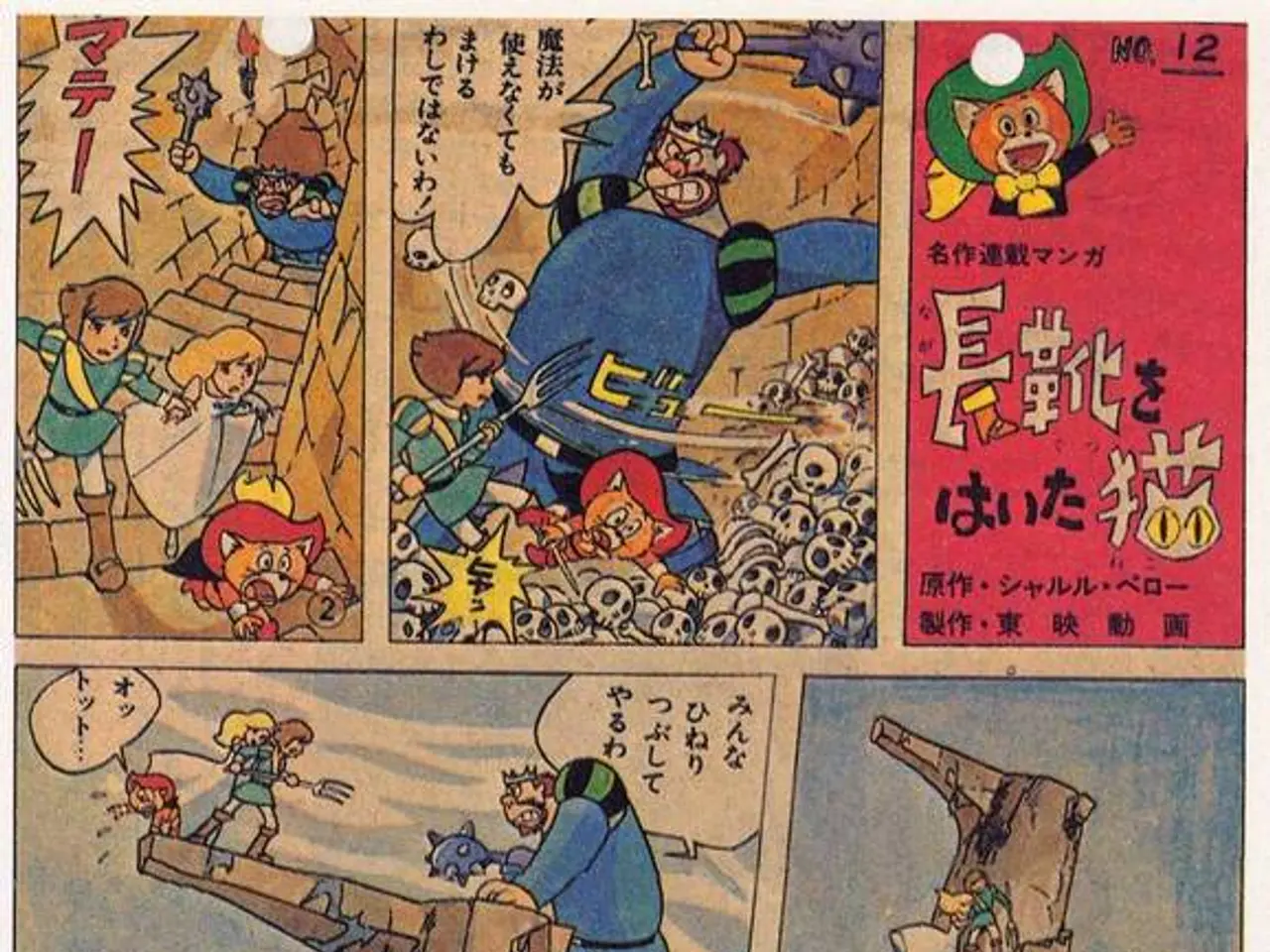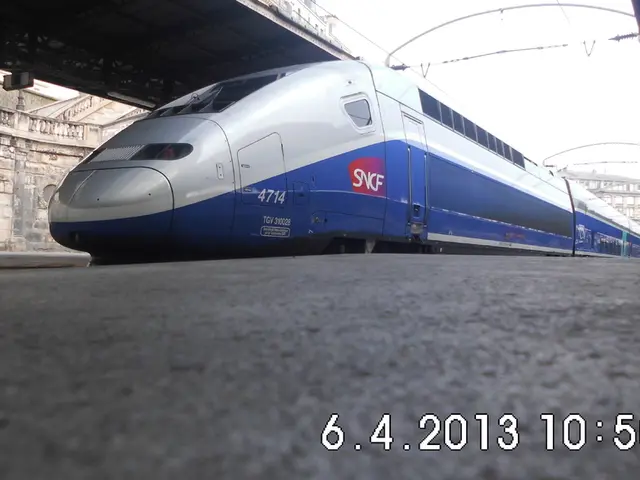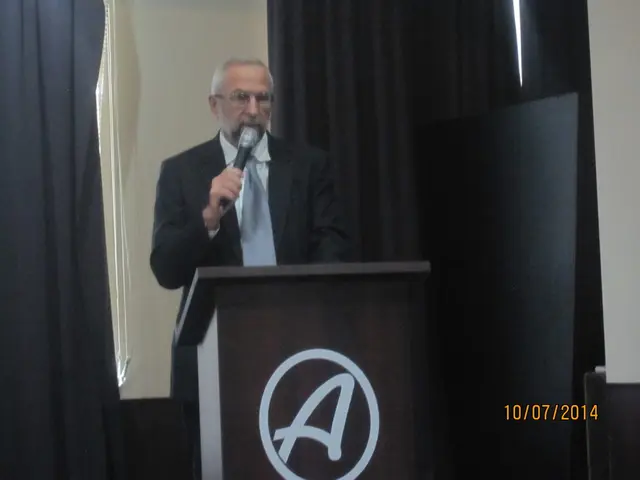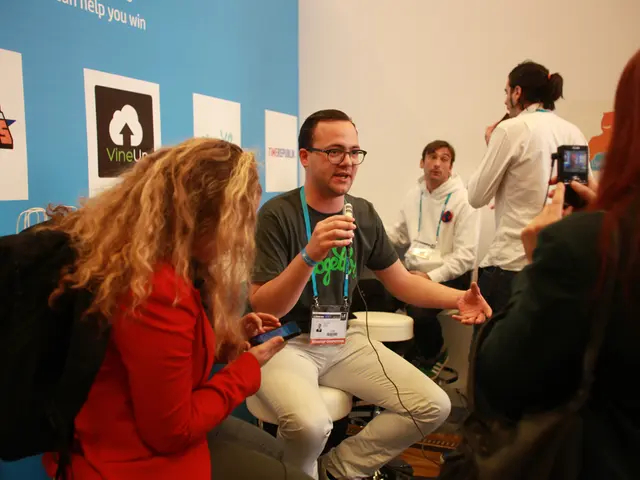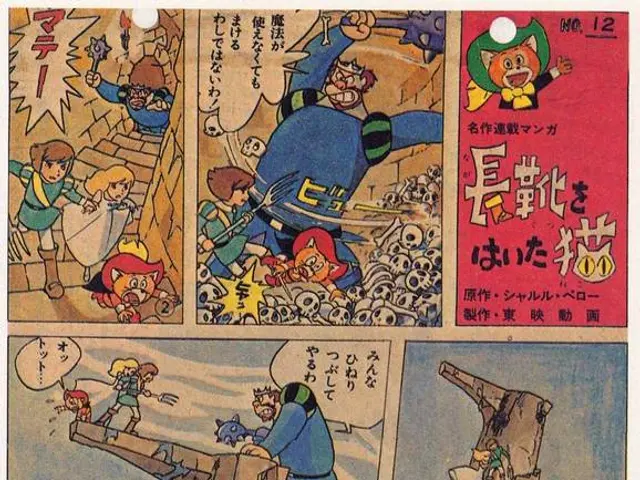Top-Notch Master of Fine Arts (MFA) Creative Writing Programs in the United States
Transforming the Landscape of Creative Writing: A Guide to Top MFA Programs in the U.S.
In the ever-evolving world of creative writing, MFA programs play a pivotal role in nurturing the next generation of literary voices. These institutions offer a structured environment for writers to hone their craft, explore new forms of storytelling, and connect with a community of like-minded peers.
One notable trend is the increasing emphasis on diverse voices and global perspectives, encouraging inclusivity and representation in literary works. This shift reflects broader cultural and technological changes, as the rise of digital media encourages writers to explore new forms of storytelling, such as interactive fiction and digital narratives.
However, this shift poses challenges. The need to adapt teaching methods for the digital realm and ensuring that the depth and quality of mentorship and peer interaction are maintained in an online setting are significant considerations. Additionally, there is a growing focus on interdisciplinary approaches, where students explore the intersection of writing with other art forms like digital media, film, and visual arts.
Environmental and social justice themes are also becoming more prevalent, as writers engage with pressing contemporary issues. Many programs offer teaching assistantships, where students teach undergraduate classes, providing them with valuable teaching experience.
Applicants should focus foremost on their writing samples for a strong application. Letters of recommendation should come from individuals who can speak to the candidate's potential as a writer and commitment to the craft. The statement of purpose needs to be well-crafted and thoughtful, clearly conveying the applicant's goals and reasons for choosing the specific program.
The evaluation of these programs hinges on faculty expertise, alumni success, curriculum diversity, financial support, and location. Some programs offer generous funding, like the University of Michigan's Helen Zell Writers' Program. Others, like the University of Oregon's MFA program, emphasize both artistic and professional aspects of writing, preparing students for a career in the literary world.
Programs featured include Iowa Writers' Workshop, University of Michigan's Helen Zell Writers' Program, and Columbia University School of the Arts. The MFA program at the University of Pittsburgh offers a balance of creative writing and academic study. Temple University's MFA program is distinctive for its interdisciplinary opportunities, allowing students to engage with various forms of writing and media.
Online platforms facilitate a more collaborative and interactive learning environment where students can easily share work and receive feedback. Programs like the University of Arkansas at Monticello offer flexibility with no residencies, although they may not have the same prestige as top in-person programs. The School of Visual Arts provides innovative visual narrative integrating creative writing and art suitable for cross-disciplinary interests.
What sets each program apart often includes:
- Iowa Writers' Workshop: The oldest MFA program emphasizing workshop culture and producing many Pulitzer, National Book Award winners.
- Michigan: Offers a strong mix of craft and literature with substantial funding, plus an atmosphere for genre-blending.
- Virginia: Combines workshop and scholarship with a supportive faculty-student ratio.
- NYU: Location-driven access to literary publishing and events, strong visiting writers series.
- Boston University: Wide elective choices, emphasizes literary nonfiction as well.
- Texas (Michener Center): Fully funded, multi-genre training, rare in MFA programs.
From the search results, networking opportunities are often facilitated by MFA programs, providing students with valuable industry connections. These programs aim to provide a nurturing environment for writers to develop their voice and style.
In summary, the top MFA programs for poetry, fiction, and creative nonfiction in the U.S. distinguish themselves through faculty excellence, genre specialization, workshop intensity, funding opportunities, and location advantages that facilitate publishing and networking. Students often choose based on these factors aligned with their career goals. The value of these programs extends beyond technical skill development. They serve as incubators for creativity, thought leadership, and cultural contribution.
- As technology advances, content creators in the field of education-and-self-development might find inspiration in exploring interactive fiction and digital narratives.
- An interior designer could benefit from the literature and storytelling skills learned in an MFA program, helping them to craft compelling narratives about their design concepts.
- Finance professionals may find value in the content creation skills gained from an MFA program, enabling them to effectively communicate complex financial ideas in engaging story forms.
- Travel enthusiasts could use the narrative techniques honed in an MFA program to create captivating travelogues or immersive virtual travel experiences.
